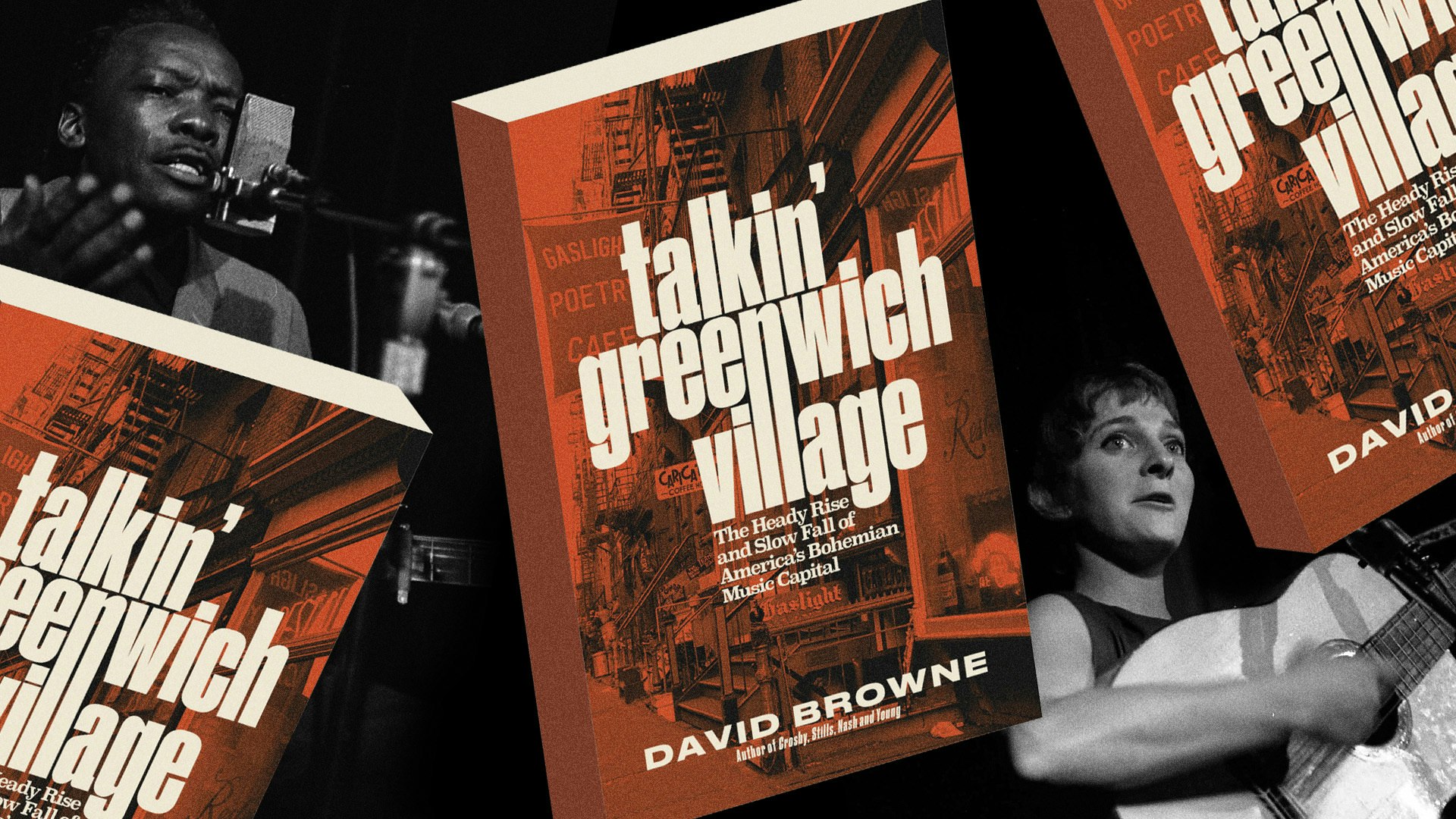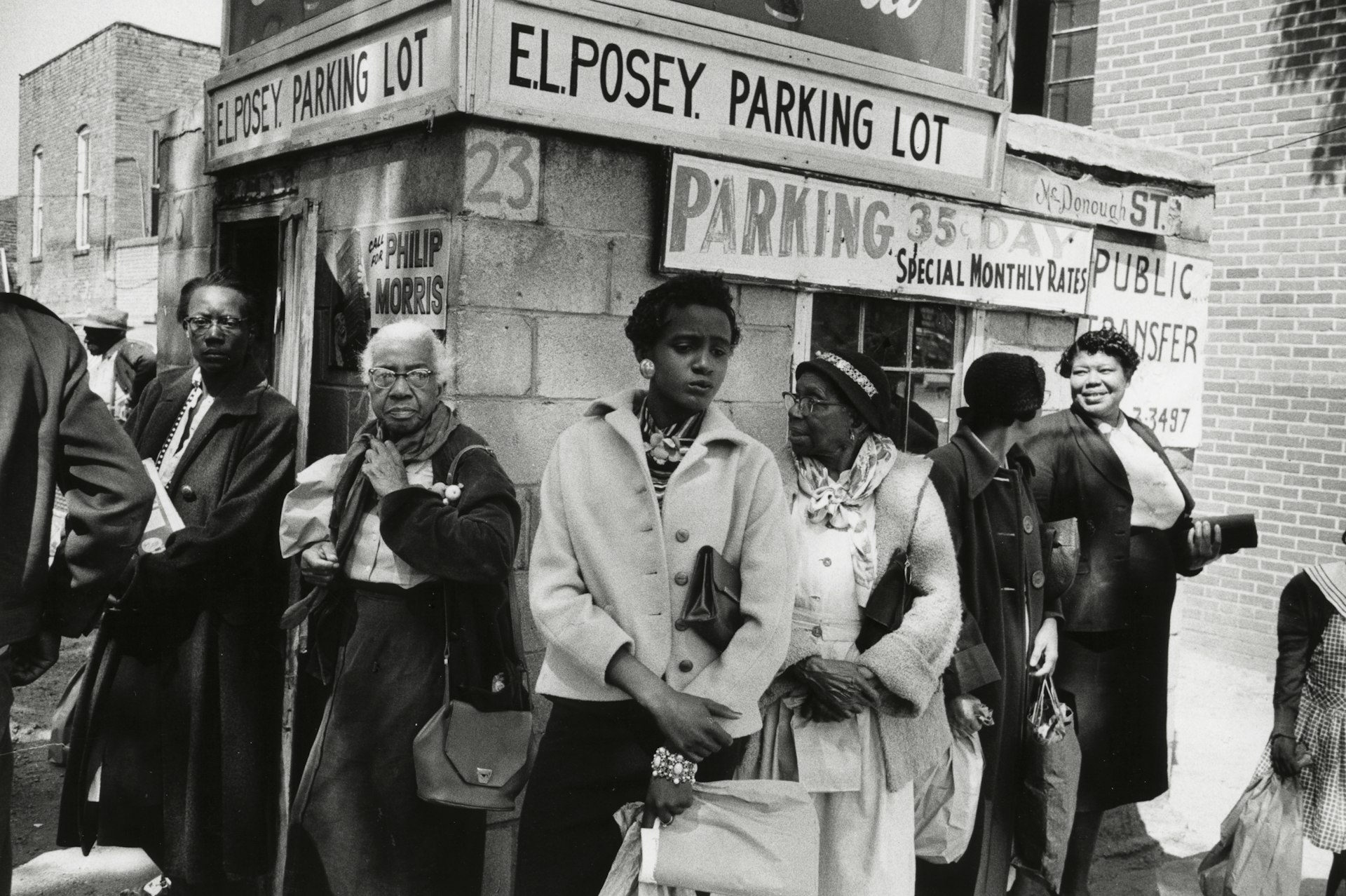Iceland's female hip-hop collective is changing the game
- Text by Katy Beth Young
- Photography by Heiða Helgadóttir

Until recently, there were no female voices in Icelandic hip hop.
For all the genre’s growth over four decades, its national scene remained insular and male-dominated.
“One female rapper released a song and she got so much hate for it,” says Bergþóra Einarsdóttir, now known as MC Bein. “But that hate flared up the willpower to do something about it.”
The story goes like this: two 22-year-old women who love to rap (Þuríður Blær and Kolfinna Nikulásdóttir) want to find more women who love to rap.
They tell their friends they’re going to hold a female hip hop night and word spreads around town until all the schools are talking about it.
A private Facebook event is made public and over 200 people turn up to a 50-capacity basement club. Ten women perform, many for the first time, and the audience includes plenty of future bandmates.
More nights follow, and a video produced to promote the third event inadvertently becomes the first official song of Reykjavíkurdætur (The Daughters of Reykjavik): an 18-strong collective of female rappers.
“Women are more powerful in numbers,” says Bergþóra, who’s 32.

“In the beginning especially, the magic was the support, because we were taking big steps – going up on the stage with basically nothing. We weren’t doing it to get attention. The idea was just to enjoy it, to support each other, and that’s what’s kept us together.”
Two members of Reykjavíkurdætur (Bergþóra and Anna Tara) are squished together on a couch, with their manager Alda Karen in-between them, having just finished a band meeting.
Dressed in sweatshirts and hoodies, they look like they’re ready to settle in for a cosy night of Netflix. Alda is a petite and excitable 23-year-old, regularly glancing over to Anna and Bergþóra for approval rather than the other way around.
So far their journey together has involved playing shows across Europe, riling up a generation of male rappers, and racking up hundreds of thousands of YouTube plays for their confrontational songs about slut-shaming and sexual violence.
They even told the Icelandic Prime Minister to “suck my pussy” live on national television and crowd-funded their eponymous debut album.
But for all the emphasis on togetherness, their individual identities remain distinct. It’s what makes the chaotic energy of their live shows enthralling: there’s so much going on that you don’t quite know where to look.
Rappers take turns stepping into the spotlight, spitting a verse or two over minimal beats before ducking out again.

There are moments of coordinated anarchy – a synchronised freeze-frame of aggressive poses, for example – but mostly the Daughters do their own thing while spurring each other on.
“We try to remain a collective rather than a band so that we can keep our individuality,” explains Anna, leaning forward with a huge smile, her long blonde hair hanging freely.
She’s the loudest of the three but never so much that the other two don’t pipe up. “The public always speak of us as a whole but we never all agree on one thing.”
Visually, that can make for a bright mess of self-expression – metallic pencil skirts; fake-fur waistcoats; oversized black T-shirts and fishnet stockings – but at last year’s Iceland Airwaves, they found another way of using their appearance to make a statement.
“We felt like people were giving our clothes too much attention so we wanted something completely neutral,” says Anna, who’s 26. “It ended up being that type of underwear that’s supposed to keep your fat in.” The outfits were interpreted as a protest against body shaming – a double meaning which the women embraced.
“I felt naked the whole time,” says Bergþóra, “but I heard stories from women afterwards saying they felt better about their own bodies when they saw the variation on stage.”
That ability to make other women, on stage and off, more comfortable with themselves forms the collective’s core.
Partly it’s the sheer spectacle of the performance that does it – a crowd of young women expressing themselves unapologetically; being loud, brash, smart and beautiful simultaneously.
But it’s also the songs themselves, which often tackle feminist issues like victim-blaming and political corruption. But as Anna points out, even their songs with no explicit meaning are inescapably punk, purely because they’re young women creating a voice for themselves.
“Men can have songs about nothing, but a group of women are always expected to have a point,” she says, laughing. “So when we made our the song ‘Ógeðsleg’, we based it around the theme of the ego. It’s all just about how cool we are.”
The Daughters hope such confidence will inspire the next generation of Icelandic girls, and they’re not just relying on their music to make that a reality.
The collective still extend an open invitation to anyone brave enough to join them, hosting open-mic rap nights for young women who need a safe space to experiment – just like the original basement shows.
When we speak, they’re planning a workshop at one of their gigs in Norway, complete with rap lessons.
“It will be a three-day event with discussions about feminism, female empowerment and women in music,” say Bergþóra.
They decided to make it female-only, Anna adds, “because it makes the atmosphere more creative for those taking the first steps in something. It’s safer, somehow…
“But if guys want to learn about feminism, women empowerment and rap…” She pauses, breaking into a laugh. “Then we’ll take them with open arms and hug them and kiss them until they can’t breathe.”
This article appears in Huck 58 – The Offline Issue. Buy it in the Huck Shop now or subscribe today to make sure you never miss another issue.
Check out Reykjavíkurdætur online.
Enjoyed this article? Like Huck on Facebook or follow us on Twitter.
Latest on Huck

In the ’60s and ’70s, Greenwich Village was the musical heart of New York
Talkin’ Greenwich Village — Author David Browne’s new book takes readers into the neighbourhood’s creative heyday, where a generation of artists and poets including Bob Dylan, Billie Holliday and Dave Van Ronk cut their teeth.
Written by: Cyna Mirzai

How Labour Activism changed the landscape of post-war USA
American Job — A new exhibition revisits over 70 years of working class solidarity and struggle, its radical legacy, and the central role of photography throughout.
Written by: Miss Rosen

Analogue Appreciation: Emma-Jean Thackray
Weirdo — In an ever more digital, online world, we ask our favourite artists about their most cherished pieces of physical culture. Today, multi-instrumentalist and Brownswood affiliate Emma-Jean Thackray.
Written by: Emma-Jean Thackray

Meet the shop cats of Hong Kong’s Sheung Wan district
Feline good — Traditionally adopted to keep away rats from expensive produce, the feline guardians have become part of the central neighbourhood’s fabric. Erica’s online series captures the local celebrities.
Written by: Isaac Muk

How trans rights activism and sex workers’ solidarity emerged in the ’70s and ’80s
Shoulder to Shoulder — In this extract from writer Jake Hall’s new book, which deep dives into the history of queer activism and coalition, they explore how anti-TERF and anti-SWERF campaigning developed from the same cloth.
Written by: Jake Hall

A behind the scenes look at the atomic wedgie community
Stretched out — Benjamin Fredrickson’s new project and photobook ‘Wedgies’ queers a time-old bullying act by exploring its erotic, extreme potential.
Written by: Isaac Muk